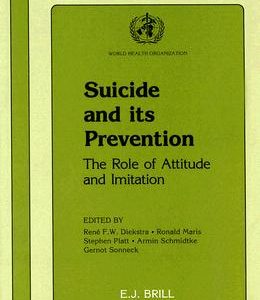Temporal Codes for Memories (Ple: Memory): Issues and Problems
$121.50
Description
Given two events, both of which are well remembered, can we specify which event occurred first? If so, how? For example, did Nixon resign, before or after Billie Jean King beat Bobby Riggs?
Originally published in 1977, little was known about the accuracy of temporal codes for memories, and still less about the nature of the codes. This volume addresses the central question of the mechanisms by which order information is attached to memories. The results of sixteen previously unpublished experiments indicate the role of some independent variables on temporal coding in relatively short-term memory and in long-term memory. Several experiments, in which changes in proactive inhibition are used as an index of temporal differentiation, show that the nature of the words making up the lists is involved fundamentally in temporal coding. Other experiments demonstrate that in relatively short-term memory a subject cannot learn to improve his performance in estimating how far apart in time two events occurred. Still other experiments show that recency judgments for two events improve with practice, but the improvement is independent of the temporal separation. The context in which memories are established is shown to influence temporal codes only if an ordering metric is part of the context.
The author advances several theoretical propositions to account for the various findings. In doing so he has given initial structuring for subsequent research to a neglected area. This volume will still be of significant interest to all those interested in learning and memory.
Author: Underwood, Benton J
Topic: Psychology
Media: Book
ISBN: 1848723857
Language: English
Pages: 168
Additional information
| Weight | 1.14 lbs |
|---|---|
| Dimensions | 9.3 × 6.2 × 0.8 in |















Reviews
There are no reviews yet.